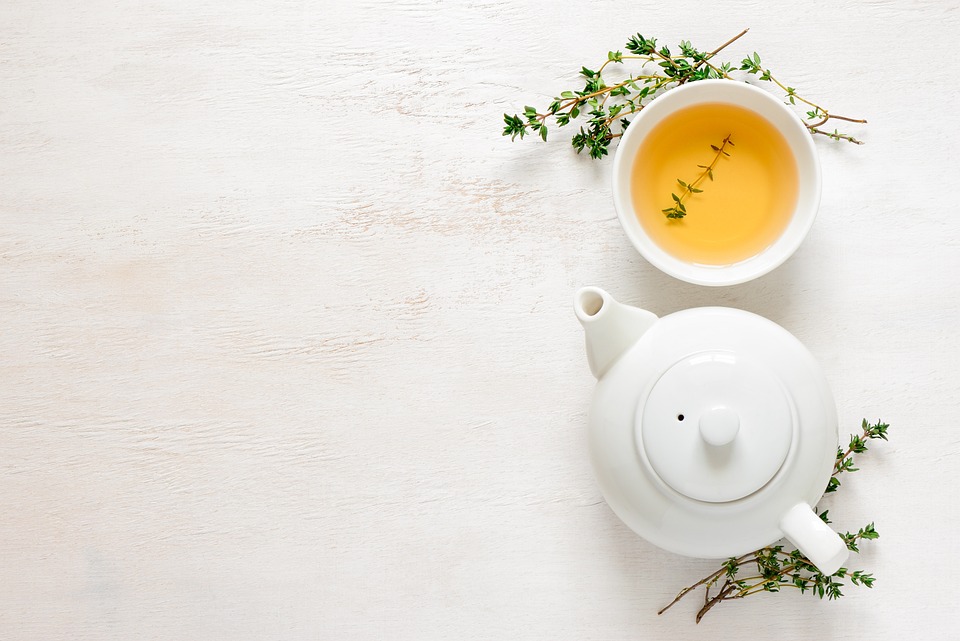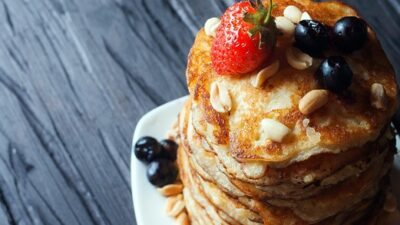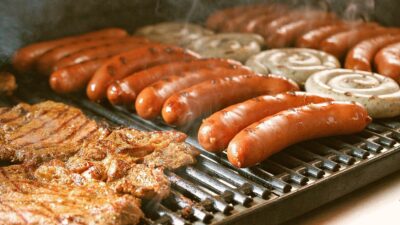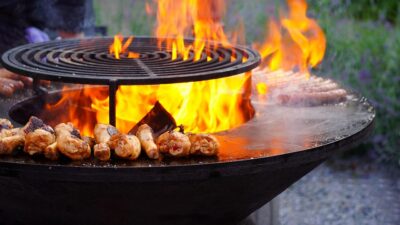In the world of caffeinated beverages, coffee is often hailed as the ultimate pick-me-up. However, as tea continues to grow in popularity, many drinkers are curious about how the caffeine content of their favorite teas stacks up against coffee. This article breaks down the caffeine levels found in various types of teas compared to traditional coffee, helping you make informed choices about your daily brew.
Understanding Caffeine: The Basics
Caffeine is a natural stimulant that affects the central nervous system, promoting alertness and reducing fatigue. The exact amount of caffeine in a beverage depends on several factors, including the type of plant, processing methods, and preparation time.
Coffee’s Caffeine Kick
A standard 8-ounce (240 mL) cup of brewed coffee contains approximately 95 mg of caffeine on average, although this number can vary significantly based on the type of coffee bean, brewing method, and serving size. For example:
- Espresso: About 63 mg of caffeine per shot (1 ounce or 30 mL).
- Drip Coffee: Ranges from 80-120 mg, depending on the strength and brew method.
- Instant Coffee: Typically contains around 30-90 mg per 8-ounce serving.
A Deep Dive Into Tea
Tea comes in various forms — black, green, oolong, white, and herbal — each with differing caffeine levels:
-
Black Tea:
- Caffeine Content: 40-70 mg per 8 ounces.
- Known for its robust flavor and can be enjoyed plain or with milk.
-
Green Tea:
- Caffeine Content: 20-45 mg per 8 ounces.
- Lower in caffeine than black tea, green tea is also rich in antioxidants.
-
Oolong Tea:
- Caffeine Content: 30-50 mg per 8 ounces.
- A partially oxidized tea that falls between black and green in terms of flavor and caffeine.
-
White Tea:
- Caffeine Content: 15-30 mg per 8 ounces.
- The least processed of all teas, offering a delicate flavor with a tranquil caffeine boost.
- Herbal Tea:
- Caffeine Content: 0 mg (most varieties).
- Herbal teas are typically caffeine-free, making them a good choice for those sensitive to caffeine.
The Great Comparison
When comparing caffeine content, it’s essential to understand serving sizes. An average tea serving is often smaller than a coffee serving, and brewing time affects caffeine extraction. However, here’s a simplified comparison:
| Beverage | Average Caffeine (mg per 8 oz) |
|---|---|
| Brewed Coffee | 95 |
| Black Tea | 40-70 |
| Green Tea | 20-45 |
| Oolong Tea | 30-50 |
| White Tea | 15-30 |
| Herbal Tea | 0 |
Factors That Influence Caffeine Content
Several factors influence the caffeine content in tea and coffee:
-
Type of Leaf or Bean: Different species and varieties naturally contain varying concentrations of caffeine.
-
Brewing Time: Longer steeping times for tea and brewing methods for coffee result in higher caffeine extraction.
-
Temperature: Brewing temperature can also affect how much caffeine is extracted during preparation.
- Serving Size: Larger servings naturally contain more caffeine.
Conclusion
While coffee undoubtedly takes the crown for caffeine content, many varieties of tea offer a respectable dose with the added benefits of other healthful compounds. If you’re looking for a gentle lift in energy with a variety of flavors, exploring different teas can be a delightful alternative.
As always, individual tolerance to caffeine varies, so it’s essential to listen to your body and discover what works best for you. Whether you’re a coffee connoisseur or a tea enthusiast, both beverages can be enjoyed mindfully and in moderation as part of a balanced lifestyle.



